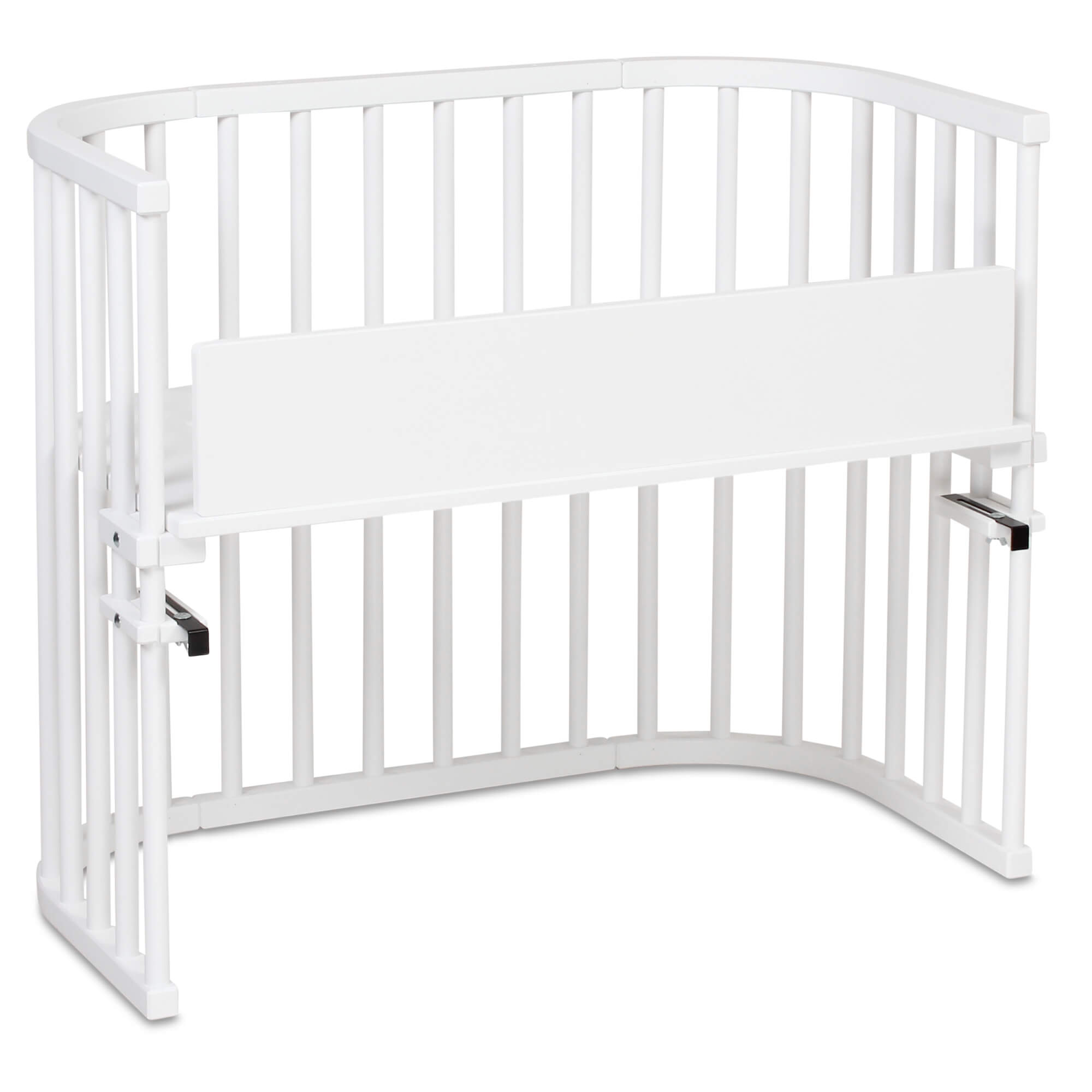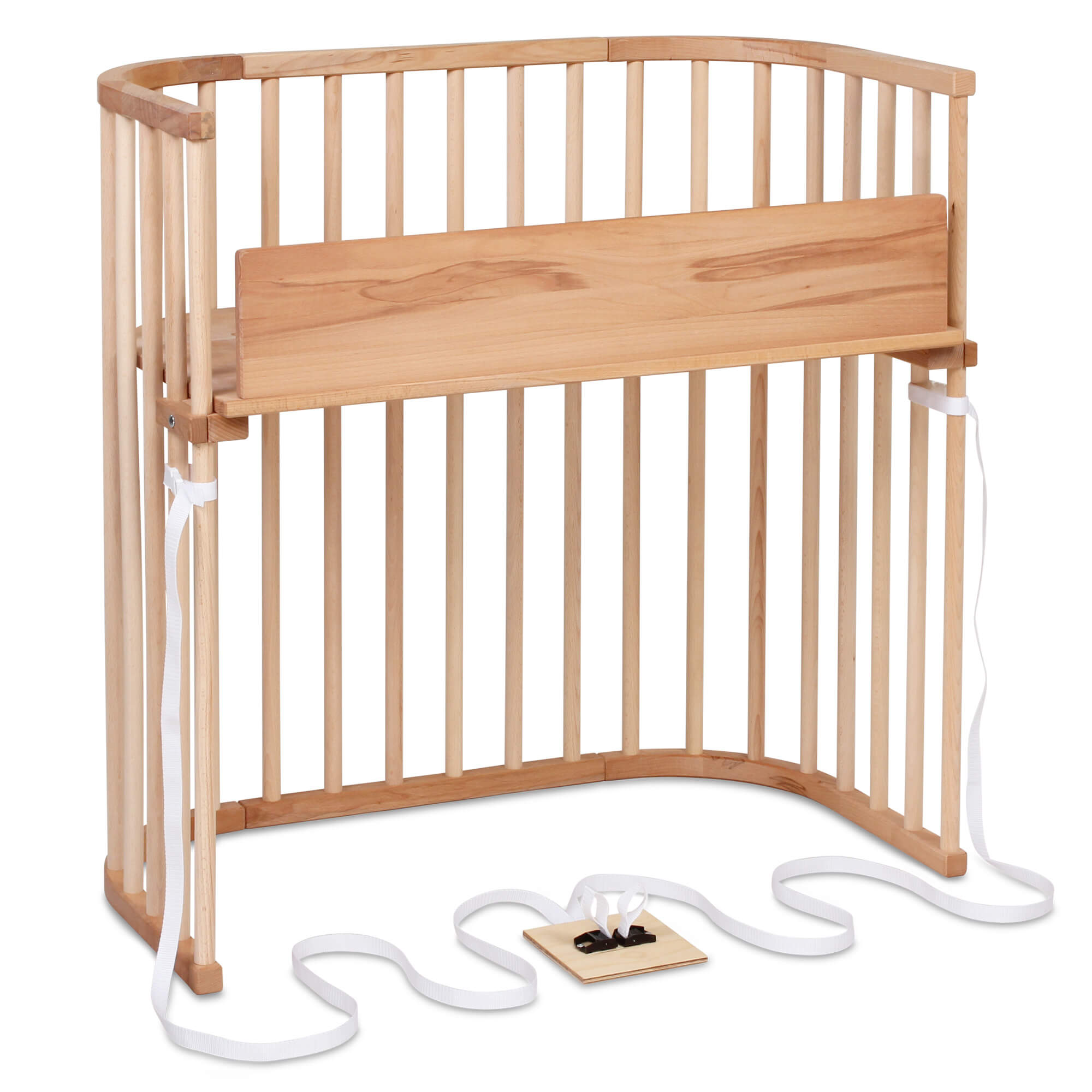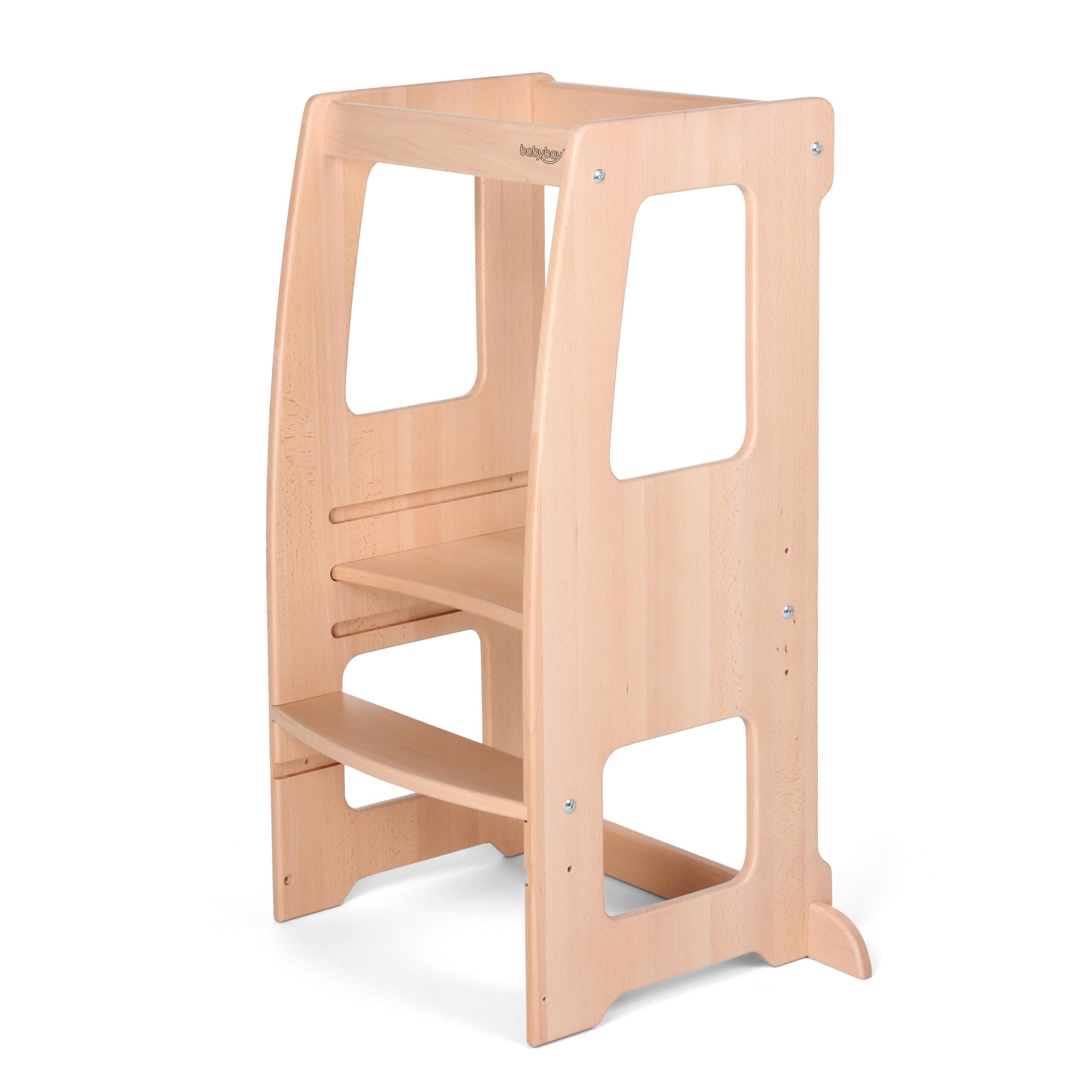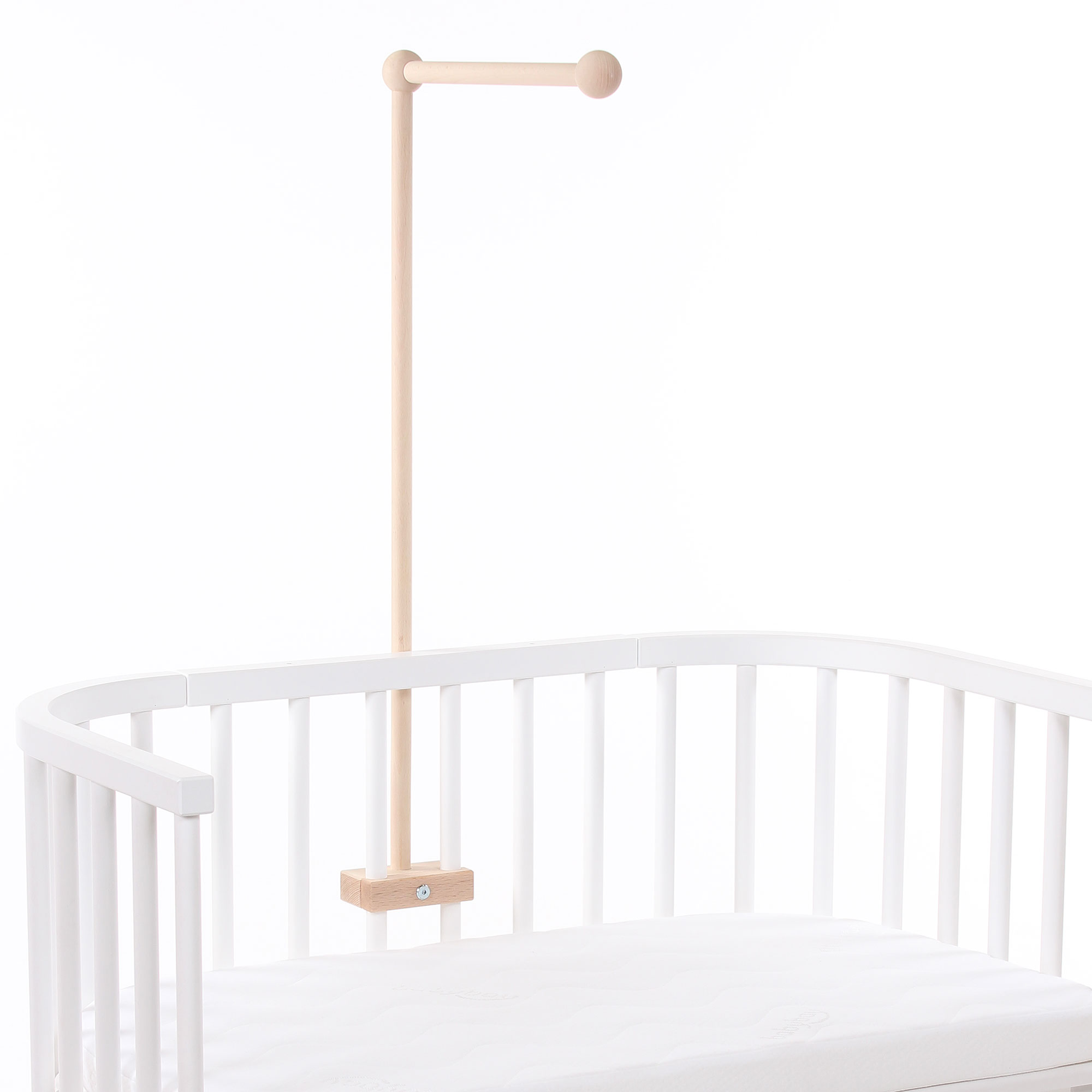You see your baby’s eyelids flutter as they sleep. They smile. Their breathing changes, their breath catches, and you can’t help but wonder: Is my baby dreaming?
According to the Sleep Foundation, newborn babies need between 14-17 hours of sleep a day, and infants between 4-11 months of age need upwards of 12-15 hours.
With all the time babies spend sleeping, it makes sense to assume that their minds are actively working during the night. Not only that, but 50 percent of the sleep they’re getting can be classified as REM sleep, which is the stage of human sleep cycles when the body is most relaxed and the brain is most active (which provides perfect conditions for dreams to occur).
But despite spending all this nurturing time in REM sleep, dreaming does not seem to be the top priority for your baby’s brain. So what is going on in your newborn baby’s brain as they get rest? Let’s find out…
Do Babies Dream When They Sleep?
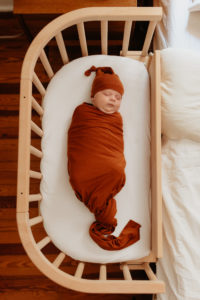
Leading pediatric dreaming researchers have concluded that children can only dream once they’ve developed the ability to process the world around them and imagine things visually and spatially. Babies’ brains develop as they age, leading them to make use of this skill around age 4 or 5.
If these research claims are true, then the answer to the question do babies dream when they sleep? is no—babies do not dream. However, we might never actually know for sure if this is the full and real answer to this question, since there’s no way to ask babies directly whether or not their sleeping brains are filled with sugar plums and fairies. (Their verbal skills just aren’t good enough for that yet!).
But many of these leading researchers believe that babies spend their time in REM sleep concentrated on doing a more important task than dreaming.
During these deep rest moments of their sleep cycles, researchers claim, your baby’s brain is busy building neural pathways that will boost their cognitive function and eventually help them learn language.
Building those neural pathways takes up all their brain energy, leaving dreaming as the last priority.
When Do Babies First Dream Then?
The answer to the question when do babies first dream? partly depends on your little one’s developmental milestones. Most children are actively dreaming by the age of 3, though they experience these dreams very differently than adults do during their sleep in REM.
While adult dreams might feature a full narrative arc with a cast of main characters and complex visual images, infants and toddlers report having dreams that lack a full story structure. The story aspect of dreams arises between the ages of 5 and 7, when their brain development and maturity allows them to experience themes, characters, and actions.
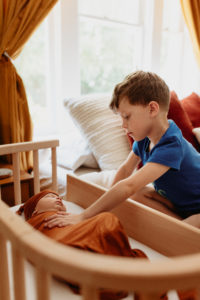
Do Babies Have Scary Dreams?
Because young babies don’t dream, parents don’t have to be worried that their child is experiencing scary dreams during their sleep time.
Nightmares can be a frequent occurrence for children between the ages of 6 and 10, and there’s a biological reason for this. Though babies aren’t dreaming, the brains of older children come alive with images. Their amygdala—the part of the brain responsible for emotions like fear—becomes activated during their sleep in REM, while the part of the brain that tempers emotions goes dormant.
Though children are able to experience nightmares as soon as their brains develop the maturity to dream, these become more frequent as they age.
Luckily, this stage of frequent nightmares is short-lived. This tendency toward nightmares often disappears as the brain develops and reaches maturity, around the age of 11 or 12.
How Do I Help My Newborn Baby Get Better Sleep?
Setting up the right sleep environment is key when you’re helping your little one sleep soundly. Even though babies aren’t having nightmares through the night, they can still have a hard time getting to sleep or can have trouble falling into the deep rest sleep cycle they need.
Whether you’re caring for a newborn baby, an infant, or an older child, best advice for helping your little ones sleep through the night remains the same.
Prepare a bed that’s cozy, but provides the support they need to stay safe while they sleep. Establish a calming bedtime routine that settles them down and clues them in that it’s time to close their eyes. And stay aware of when your little one is sleepy so they can get rest when they need it most.
That way you’ll help make your little one the happiest baby they can be, while making every moment of their sleep count.

